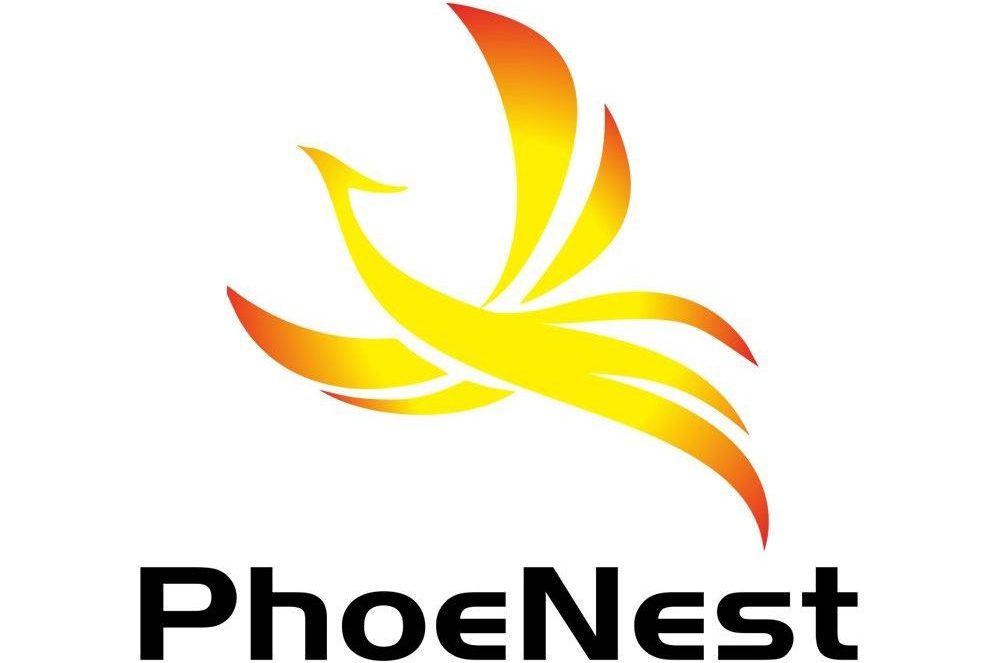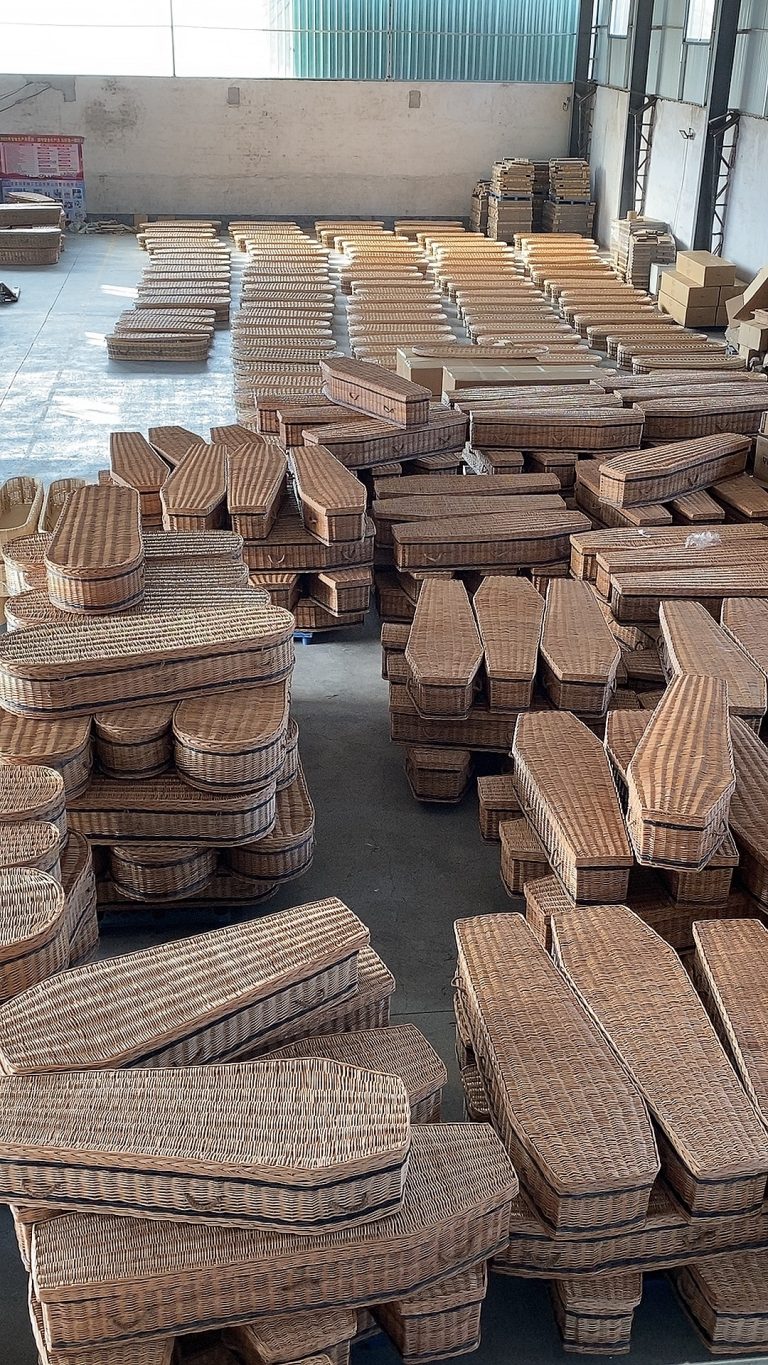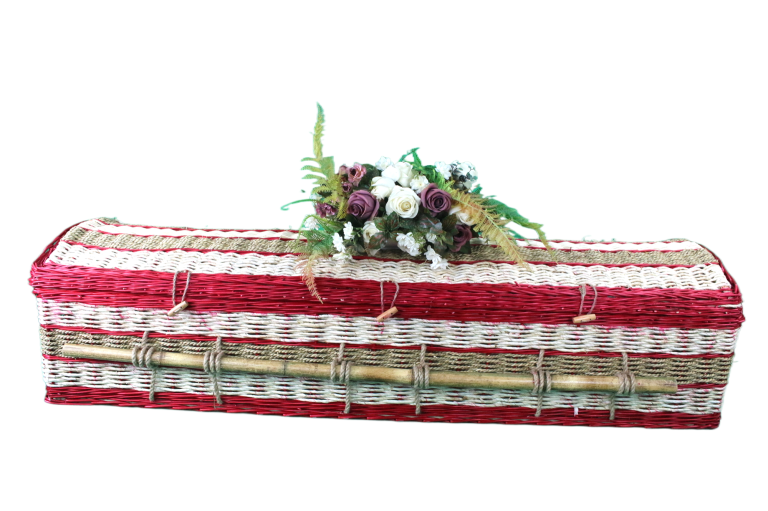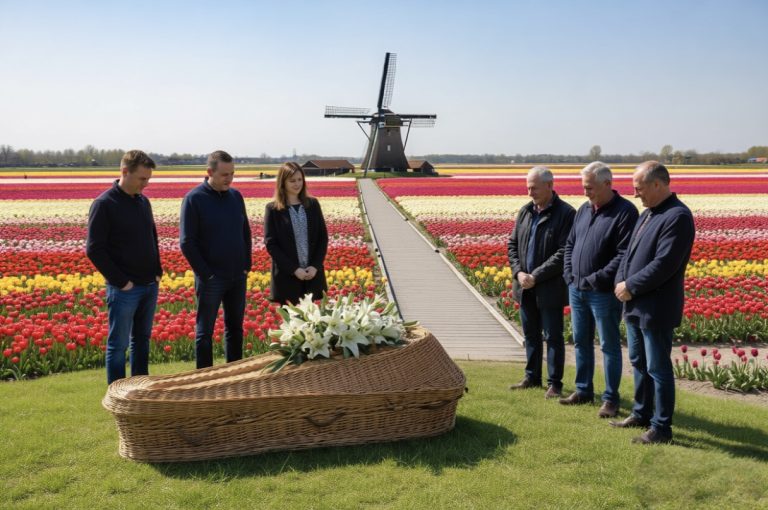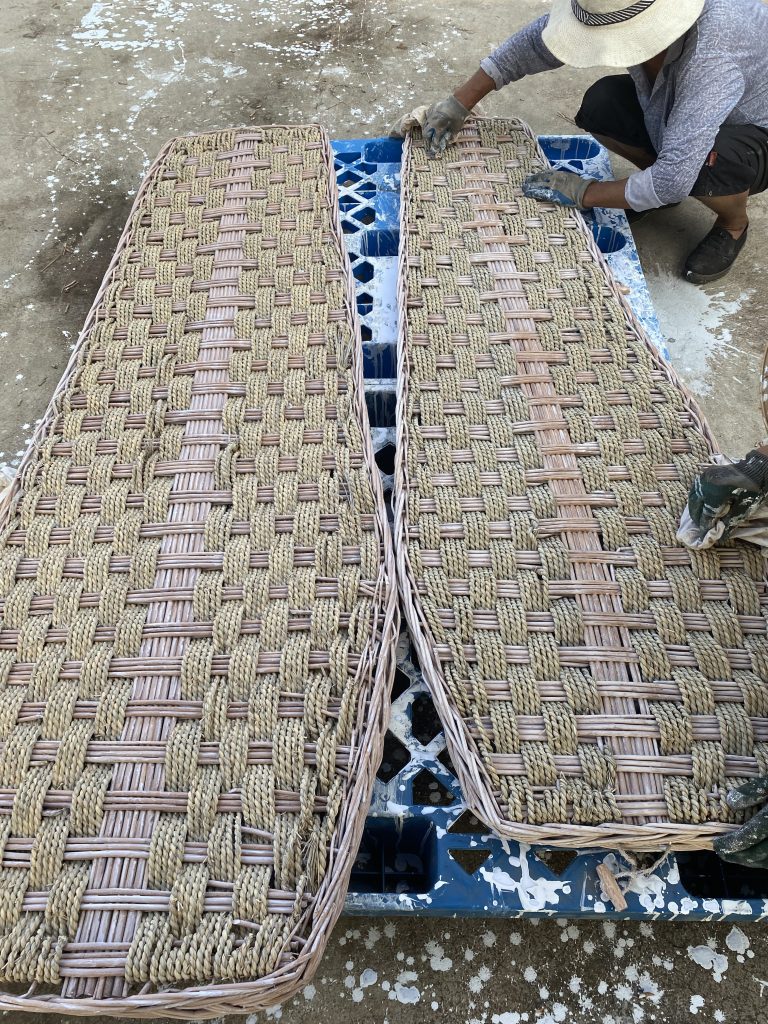In an era where funeral costs are skyrocketing—averaging over $7,000 in the U.S. alone—families worldwide are seeking affordable yet meaningful ways to honor their loved ones. Enter the wicker coffin: a lightweight, biodegradable alternative to the heavy, polished hardwood caskets that dominate traditional funerals. But is a wicker coffin truly cheaper? From a global perspective, the answer is a resounding yes, especially when sourced directly from production hubs like China’s Linyi Lindu region. This article explores the economics, sustainability, and cultural resonance of wicker coffins, revealing why they offer both financial relief and an eco-conscious farewell.
At first glance, the price tags seem straightforward. Traditional wooden coffins, often crafted from oak or mahogany with intricate metal hardware, can range from $500 to $9,000, depending on materials and craftsmanship. In contrast, wicker coffins—woven from renewable willow , bamboo, or rattan—typically cost between $300 and $1,500, making them up to 50% more affordable in many markets. This disparity stems from simpler construction: wicker requires no chemical treatments or complex joinery, slashing labor and material expenses. For instance, in the UK, a basic willow coffin retails for around £555, while comparable wooden models exceed £1,000. Even in Australia, where wicker options start at AUD 800, they undercut simple pine boxes after discounts. These savings extend beyond the purchase; wicker’s lightweight design reduces transportation fees, and its suitability for cremation or green burials often lowers overall funeral expenses by 20-30%.
Yet, affordability isn’t the only draw—sustainability elevates wicker coffins to a global phenomenon. In Europe, where natural burial grounds are proliferating, willow coffins biodegrade fully within a year, enriching soil and boosting biodiversity without embalming fluids or vaults. The U.S. green burial movement echoes this, with eco-caskets generating 60% less carbon than hardwood alternatives and repurposing offcuts into urns. Across Asia and Africa, wicker’s roots in traditional weaving practices align with cultural reverence for nature; in Japan, similar bamboo designs symbolize a gentle return to the earth. Globally, these coffins support pesticide-free agriculture, sequester carbon, and combat the funeral industry’s environmental toll—estimated at millions of tons of non-degradable waste annually. As climate awareness grows, demand surges: willow , which matures in just one year, embodies renewable ethics that hardwood logging cannot match.
No discussion of wicker’s value is complete without spotlighting its epicenter: Linyi Lindu in Shandong Province, China. Dubbed the “willow town,” this rural powerhouse in Linshu County produces over 80% of the world’s wicker coffins, thanks to abundant willow groves and skilled artisans. Factories like Roconly Linyi Crafts and Phoenixnest funeral supplies span 9,800 square meters, exporting handwoven masterpieces to Europe, North America, and beyond since 2002. Sourcing directly from these origins cuts intermediaries, dropping prices by 30-40%—a £300 coffin in Linyi might retail for £800 abroad. Beyond cost, Lindu’s ethical practices ensure fair wages and sustainable harvesting, countering supply chain critiques in the global funeral trade. For importers, it’s a win: quality control at the source means durable, customizable designs, from serene natural finishes to vibrant pandanus weaves.
In conclusion, yes—a wicker coffin is cheaper, both in dollars and environmental impact. By blending affordability with profound sustainability, it democratizes dignified farewells across cultures. For the savviest families, bypassing middlemen and partnering with Linyi Lindu’s source factories unlocks unbeatable value. In a world grappling with loss and legacy, choosing wicker isn’t just economical; it’s a compassionate nod to the planet we leave behind. As one artisan in Lindu puts it, “We weave not just coffins, but cycles of life.” Why settle for heavy wood when lightness offers so much more?
We are a factory supporting eco friendly green funeral(natural willow coffins\bamboo caskets and so on) .. for detail please contact us www.phoenixnestcoffins.com;
Phoenix Nest ( Shandong ) Crafts Co.,Ltd.
Whatsapp: +86-18265103836 (Whatsapp & Wechat & Tel)
Email: jason@phoenxinestcoffin.cn
#willow coffin#greencoffins#bamboocaskets#urns#naturalcoffins#chinafactory#scattertube#naturalburial#FuneralSupplies#cross#flowerbands#shrouds #carrierfuneral It’s always really rewarding when someone says, I’d really like to return to the earth#phoenixnestcoffins #naturalfuneral#greenfuneral#natrualburial#cremation#funeral @everyone@followers
It’s always really rewarding when someone says, I’d really like to return to the earth#phoenixnestcoffins #naturalfuneral#greenfuneral#natrualburial#cremation#funeral @everyone@followers
